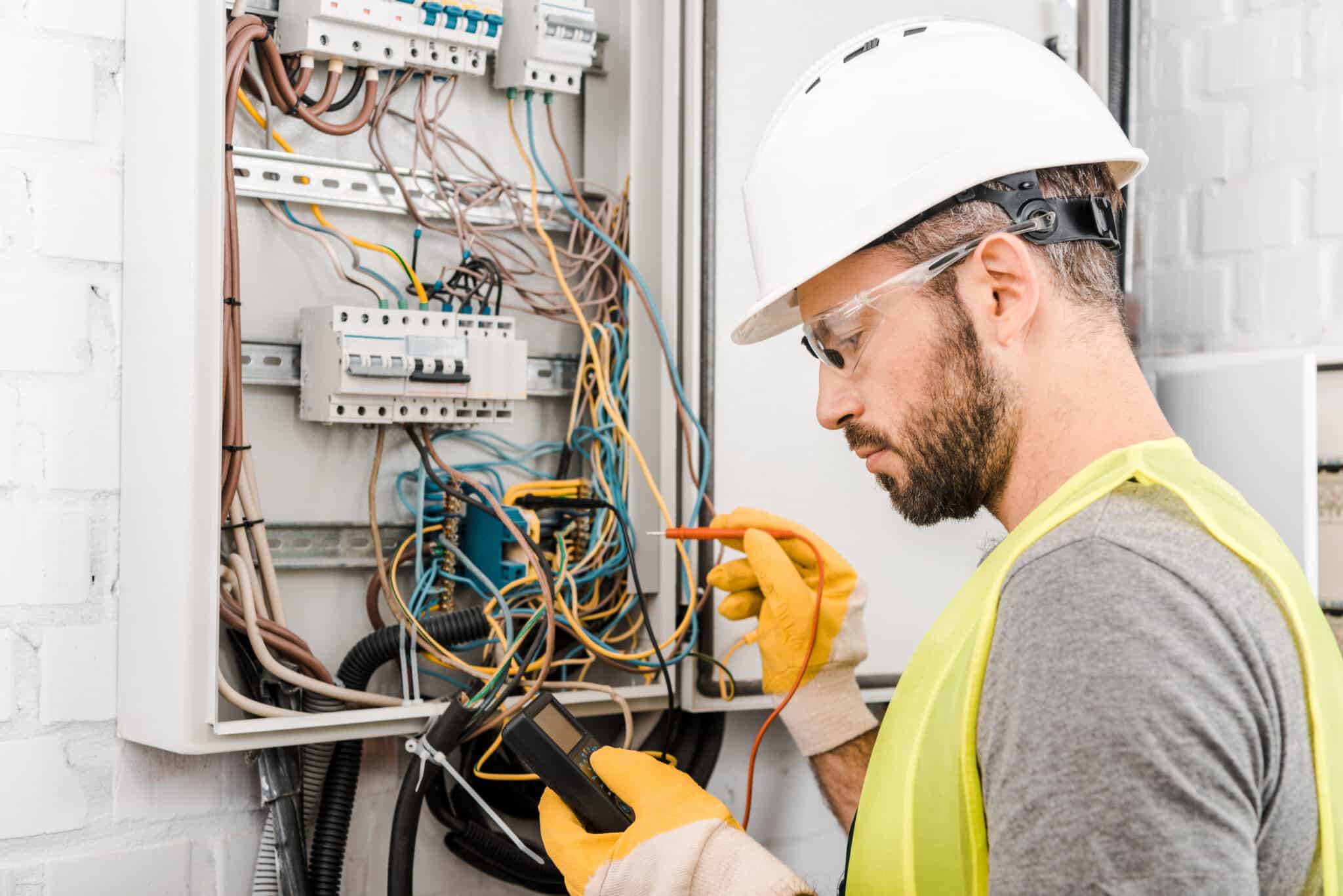If you’re in the business realm, you consistently strive to optimize your operations, reducing costs and maximizing profits. One critical area you could be overlooking is your electrical system. It has a significant impact on your revenues, expenses, and overall profit margins.
Electrical inefficiency can result in considerable waste and unnecessary expenditures. On the other hand, an energy-efficient system can significantly reduce power usage, cut down costs, and increase profitability.
The Importance of Efficient Electrical Systems
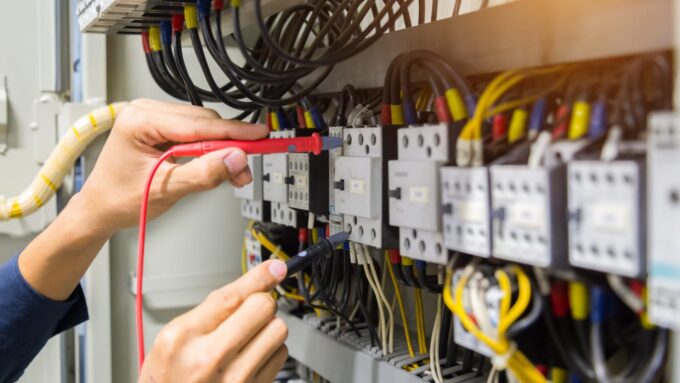
Saving energy is very important for businesses – it’s good for the environment and saves you money. Efficient electrical systems reduce wasted energy, so you spend less on utilities. That money can go back into your business.
Efficient systems also make sure your appliances and machines are powered properly so they work at full capacity without overloading. Overall, efficient electricity improves how your business operates and is better for your bottom line.
The Cost Implication of Inefficient Electrical Systems
Inefficient electrical systems can drastically inflate operational costs by using more power than necessary. These costs can quickly accumulate, significantly affecting your profit margins. Besides, it could also lead to damage to appliances and machinery due to damage from power surges or short circuits, increasing maintenance and repair costs.
The Benefits of Energy Efficiency for Businesses
Energy efficiency has multiple benefits for your business ranging from financial savings to improved productivity. An efficient electrical system delivers optimal performance while consuming less energy resulting in lower energy bills which means more savings. Those savings can then be invested back into the business for further growth and expansion.
The Role of Technology in Energy Efficiency
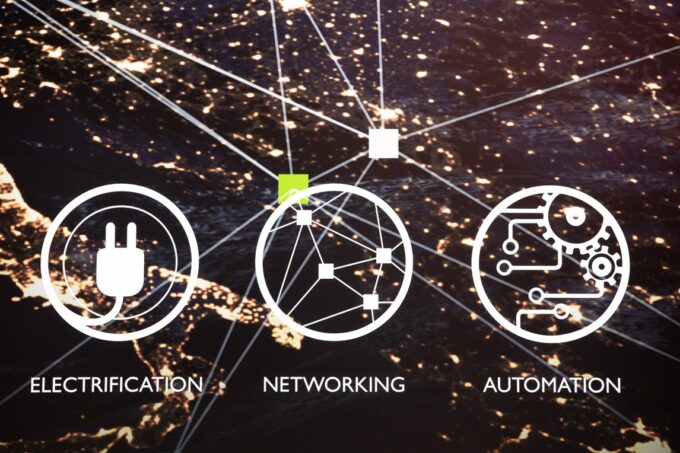
Technological advancements have played a massive role in optimizing electrical systems. Smart meters, for instance, give real-time information about your power consumption, helping in identifying areas of inefficiency. Additionally, energy-efficient appliances can consume far less electricity while maintaining performance levels, aiding in cost savings.
Conducting Regular Electrical System Audits
Regular audits of your electrical system can help to track the energy usage and identify areas of wasted energy. It also helps in early fault detection and rectification before it escalates into a bigger problem. These audits should be carried out by professionals to ensure accuracy.
The Role of Automation in Power Management
Using automation technology allows businesses to monitor and control their electricity use in real-time. This means they can track exactly when and where power is being used. Automation also lets businesses remotely control devices and machines to turn them on or off as needed.
This real-time monitoring and control really helps reduce wasted electricity and improves efficiency. Overall, automation gives businesses better oversight and management over their power use, helping them save energy and money.
Incorporating Renewable Energy Sources
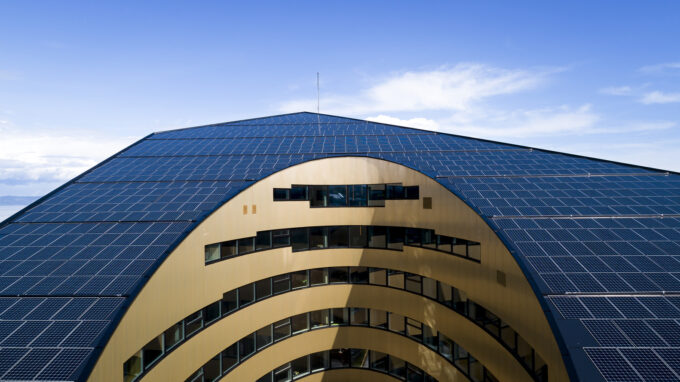
Solar panels and wind turbines let you make your own electricity from the sun and wind. Renewables like solar and wind slash electric bills for years. But the installation costs big bucks upfront.
Worth it long-term to save money and help the planet. Even so, making your own power saves money in the long run and helps the planet. Renewable energy like solar and wind cuts your electric bill month after month while being green.
The Importance of Professional Electrical Services
Professional electrical services play a pivotal role in making your electrical system more efficient. They provide expert emergency solutions, will identify possible areas for improvement and propose cost-effective solutions. Their skills and expertise can prove invaluable in improving the efficiency of your electrical system.
Building a Culture of Energy Efficiency
Promoting energy efficiency within your company creates awareness among your employees about its importance. Educating them on simple practices like switching off machines after use or using natural light during the day can contribute to greater efficiency.
Investing in High-Quality Electrical Appliances
Investing in energy-efficient appliances, albeit more expensive initially, will provide long-term cost savings. They run on less power while delivering equal or better output. It is a smart choice for businesses looking to minimize operational costs.
Benefits of Power Factor Correction
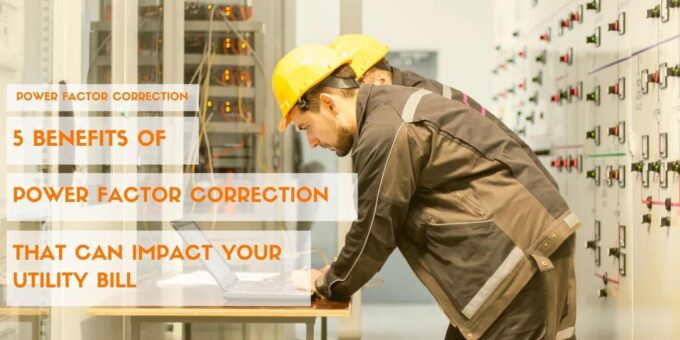
A lower power factor leads to higher electricity costs. Power factor correction equipment can enhance the efficiency of your electrical system and decrease your electricity bills by improving power factor scores.
Preventive Maintenance of Electrical Equipment
Maintenance is important for the longevity and efficiency of electrical equipment. Regular preventive maintenance checks and services can prevent breakdowns and increase efficiency, thereby saving costs.
Importance of Upgrading Old Electrical Systems
Older systems are typically less efficient and more dangerous. They pose a risk of faults and failures that could result in enormous repair costs. Upgrading to more modern systems is beneficial as they are designed with energy efficiency in mind.
The Impact of Proper Insulation on Energy Efficiency

Inadequate insulation can be a significant source of energy loss, causing heating systems to work harder and consume more electricity, says The Local Electrician. Proper insulation can therefore increase the efficiency of your electrical system, leading to reduced energy bills.
Governmental Incentives for Energy Efficiency
Many governments offer incentives to businesses that commit to energy-saving practices. These incentives can significantly offset the cost of upgrading to an energy-efficient system, making it even more financially viable.
Last Thoughts
Optimizing your electrical system is not just about saving the environment—it genuinely translates into business profitability. By leveraging technology, engaging professional services, and embedding a culture of efficiency in your operations, you place your entity squarely on the path to enhanced success.

